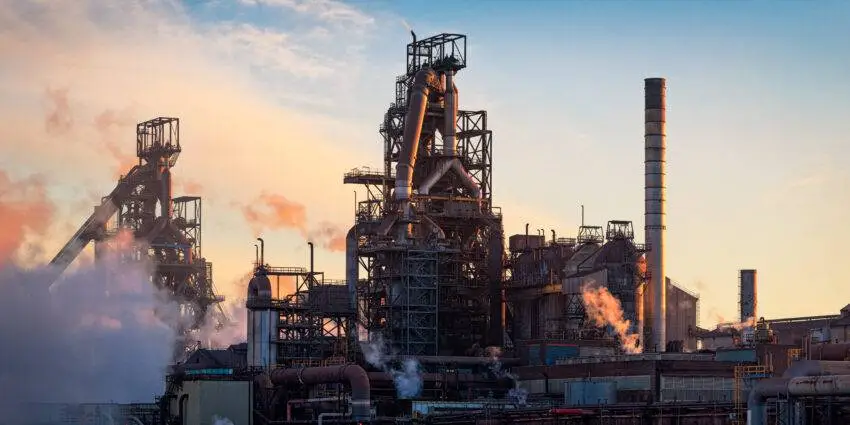For the first time in over four decades, Tata Steel workers are set to strike. The decision follows job cut announcements from the company. The strike will significantly impact Tata Steel’s operations in Wales.
Significance of the Strike
Tata Steel workers are preparing to strike from 8 July, marking the first industrial action in over 40 years. This unprecedented move is a response to the company’s announcement to close both blast furnaces at the Port Talbot site by the end of September.
Potential Impact on Operations
The closure of the blast furnaces will result in around 2,800 job losses. Tata Steel has warned that the strike could jeopardise the safety and stability of its operations. The company is currently losing £1 million per day due to operational instability.
Union Reactions and Statements
Sharon Graham, Unite’s general secretary, stated that the workers are fighting for their jobs, communities, and the future of the steel industry in Wales. The strikes will continue until Tata halts its ‘disastrous plans.’
Meanwhile, two other unions, Community and GMB, have decided to delay any action until after the upcoming general election. Community’s national officer for steel, Alun Davies, noted that any strike decision would be made by their members.
Tata Steel’s Response
Tata Steel has called on Unite to suspend the strike and return to negotiations alongside other unions. The company warned it might retract enhanced redundancy packages if the strike proceeds.
Rajesh Nair, Tata Steel’s chief executive, highlighted that the company’s ‘most favourable financial package’ would be withdrawn if workers strike. This package aims to mitigate the impact of the job cuts.
Future Plans and Government Involvement
Tata Steel plans to invest £1.25 billion in building an electric arc furnace. This new, environmentally friendly method of steel production will require fewer workers. The UK government will contribute £500 million towards this project to secure the future of steelmaking at the site.
The planned transition represents a significant moment for the UK steel industry. It highlights the ongoing tension between workforce preservation and technological advancement.
Broader Implications
The outcome of this strike will have lasting implications for Tata Steel’s operations and the broader steel community in Wales. It underscores the struggle between job preservation and adopting new technologies in manufacturing.
This industrial action highlights the critical role of trade unions in defending workers’ rights during times of company restructuring.
Community Impact
The potential job losses are a significant blow to the local community. The Port Talbot site is a major employer in the region. The strike reflects broader concerns about the future of the steel industry in Wales.
Communities are rallying around the workers, emphasising the broader social impact of job cuts within the industry.
Social Media Reactions
Reactions on social media have been mixed. Some individuals strongly support the workers’ actions, while others express concerns about the economic implications of the strike. The strike is trending on various platforms, sparking widespread debate.
The impending strike by Tata Steel workers underscores the ongoing tensions between job preservation and technological progress. The outcome will likely have far-reaching consequences for the industry and communities involved.
In the face of significant job cuts, the workers’ decision to strike highlights the critical issue of balancing economic sustainability with workforce security.


